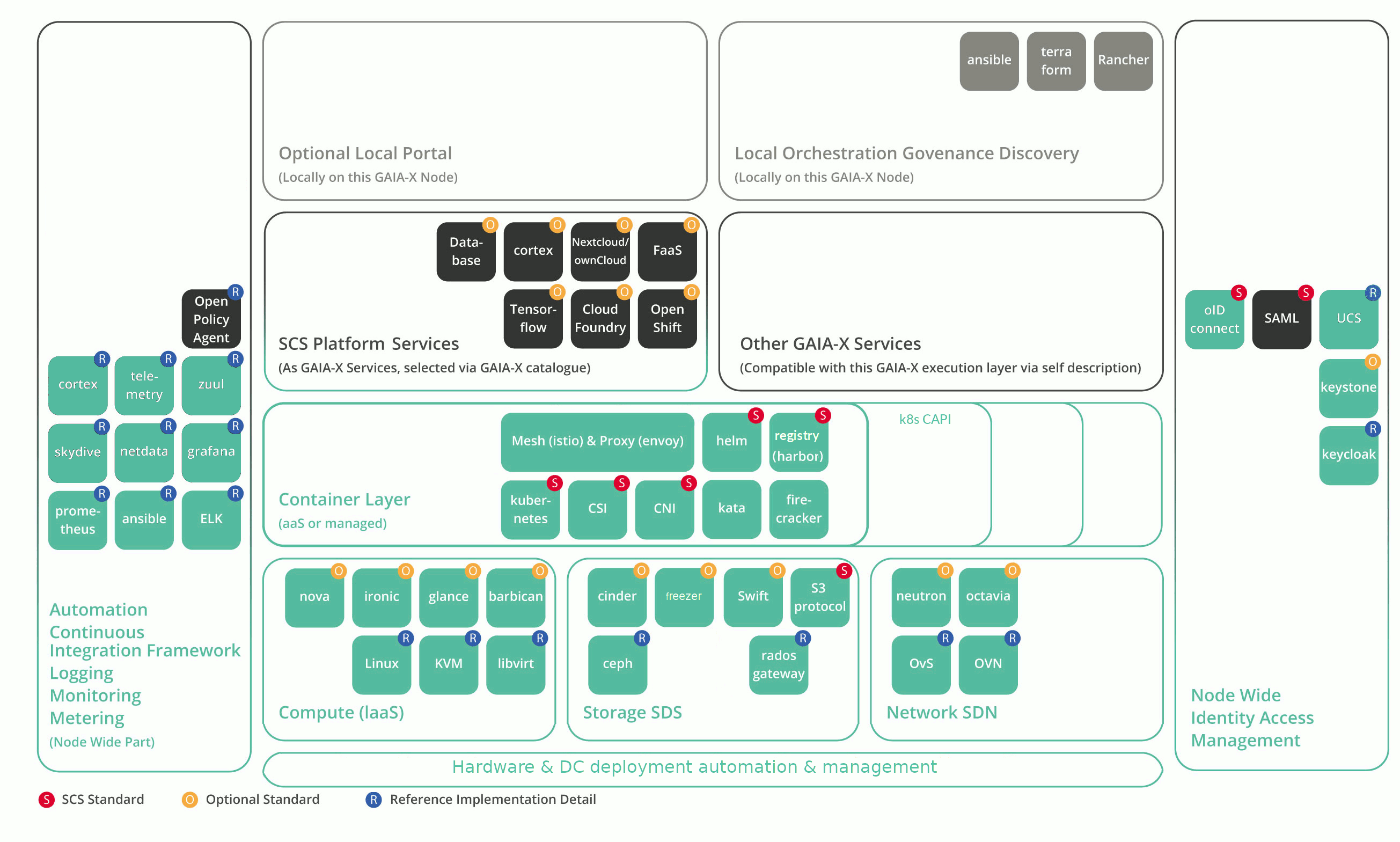The explanation for Sovereign Cloud Services are rapidly Gaining Traction
In recent years, the concept of sovereign cloud solutions has arisen as a critical development in the sphere of tech infrastructure. As entities gradually acknowledge the value of data sovereignty, more businesses and governments are turning towards cloud solutions that ensure their data resides within their own legal jurisdiction. This change is not just about regulation; it indicates a rising awareness of data privacy, protection, and the necessity for clarity in how sensitive information is processed.
The growth of sovereign cloud solutions is driven by multiple variables, including regulatory requirements, global political issues, and the desire for enhanced control over digital resources. In an age where security breaches and digital threats are prevalent, the ability to access and manage data on-site has become crucial. This growing requirement is reshaping the landscape of cloud services, prompting vendors to create and provide solutions that adhere to the values of autonomy, safety, and trust. As entities traverse this complicated context, sovereign cloud services are quickly gaining traction, offering a more safe and compliant future for information management.
Establishing Sovereign Cloud Services

Local cloud services refer to cloud computing services that are developed to adhere to the specific regulatory and legal obligations of a particular country or region. These services provide businesses and authorities with the capability to save, manage, and analyze data within their own national territories. By following local data protection laws and national sovereignty issues, sovereign clouds assure customers that their data is handled in a lawful manner, mitigating risks associated with international data transfers.
The notion emerged from increasing concerns about data privacy, security, and the possible misuse of data by non-local entities. As data leaks and surveillance have become more prevalent, companies are more and more emphasizing the protection of sensitive data. National cloud services allow organizations to keep control over their essential data, addressing concerns related to third-party access or governance by foreign jurisdictions. This has become particularly vital for sectors like finance, healthcare, and public services, where regulatory compliance is critical.
Moreover, local cloud solutions often feature local support and services that are customized to the specific needs of the locale. These services provide clients with superior performance and reliability, as they are optimized for the local context. In an time where digital transformation is essential for competitiveness, sovereign clouds offer a way to capitalize on the merits of cloud computing while assuring that data sovereignty and compliance are figuratively integrated into the base of their digital infrastructure.
Key Benefits of Sovereign Clouds
One of the primary advantages of sovereign clouds is improved data sovereignty. Organizations can guarantee that their data is stored and processed within specific legal jurisdictions, complying with national data protection regulations. This is notably critical for industries such as healthcare and finance, where private data handling is bound by strict laws. By leveraging sovereign clouds, companies can mitigate the risk of data breaches and legal complications stemming from cross-border data transfers.
Additionally, a significant advantage is improved security and control over data. Sovereign clouds enable organizations to use infrastructure overseen by local providers who have a deep understanding of the regional landscape and requirements. This localized approach not only strengthens security measures but also fosters greater trust among clients and investors. hostino.ma can adopt customized security protocols and governance policies designed for their specific needs and regulatory obligations.
Ultimately, sovereign clouds contribute to increased resilience and operational continuity. By employing infrastructure within the same jurisdiction, organizations can limit latency and ensure quicker access to data and applications. Furthermore, in times of geopolitical tensions or natural disasters, having a local solution can secure business operations against interruptions. This dependability is increasingly important as organizations seek to maintain uninterrupted operations in a quickly evolving digital landscape.
Market Trends and Future Outlook
The adoption of sovereign cloud solutions is steadily growing as businesses seek to comply with national data regulations and tackle confidentiality concerns. More businesses are realizing the significance of maintaining sensitive data within their own borders, leading to a rise in need for cloud services that align with national regulations. This shift is also driven by heightened awareness of data breaches and a stronger emphasis on security, prompting organizations to favor local storage and management of data.
As an increasing number of state authorities and sectors enact strict data management rules, the market for national cloud services is expected to grow significantly. Providers are reacting by developing cloud infrastructures that ensure data residency and compliance with local regulations. This trend is bolstered by innovations, such as improved encryption and security protocols, which further reassure businesses in their choice to adopt sovereign cloud models.
As we look forward, the future of national cloud services is bright, with projections showing robust growth in this field. Collaborations between cloud providers and local entities are growing, fostering creativity and driving more tailored solutions. As companies increasingly prioritize regulatory compliance and data security, the national cloud sector is set to become a fundamental part of the global cloud landscape.